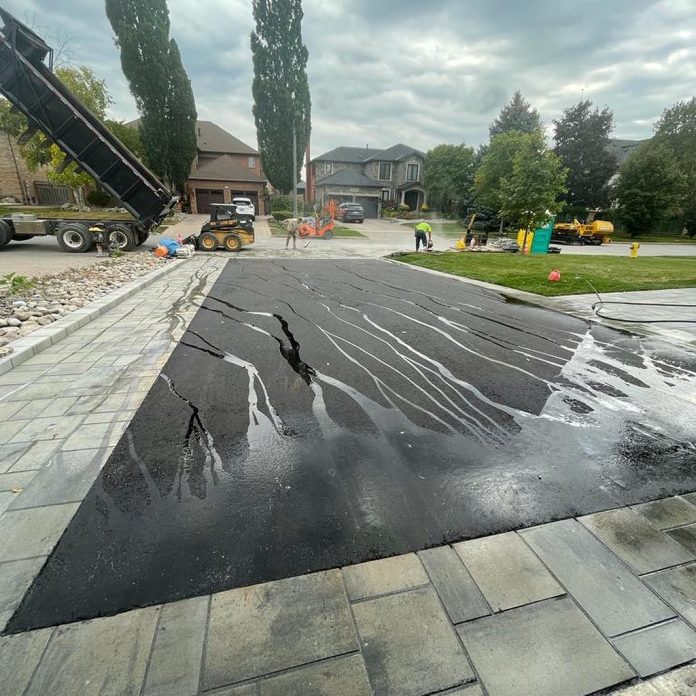An asphalt driveway is a practical and durable choice for many homeowners, offering a smooth and reliable surface for vehicles and foot traffic. However, over time, wear and tear, as well as the effects of weather and temperature fluctuations, can take their toll on your asphalt surface, leading to cracks, potholes, and other issues. In this article, we will delve into the world of asphalt repair, its importance, the various repair methods available, and tips for maintaining your asphalt driveway.
The Importance of Asphalt Repair
Your driveway is a significant investment, and proper maintenance is essential to ensure it remains functional and visually appealing. Here’s why asphalt repair is crucial:
- Safety: Cracks, potholes, and uneven surfaces can pose safety hazards, causing trips and falls, or damaging vehicles.
- Prevent Further Damage: Small cracks can quickly become larger, more expensive problems if left untreated, requiring costly repairs or even complete replacement.
- Aesthetics: A well-maintained driveway enhances your property’s curb appeal, increasing its overall value.
- Smooth Driving Surface: Repairing your driveway ensures a smoother, more comfortable driving experience and extends the life of your vehicles.
Common Asphalt Repair Methods
- Crack Filling: For small cracks, hot or cold asphalt-based crack fillers can be used. These materials are poured or applied directly into the cracks, sealing them and preventing water intrusion.
- Pothole Patching: Potholes are repaired by cleaning the damaged area, filling it with a suitable patch material, and compacting it to create a level surface.
- Overlay or Resurfacing: In cases where the entire surface is damaged, an asphalt overlay can be applied. This involves adding a new layer of asphalt on top of the existing one, creating a fresh and smooth surface.
- Infrared Asphalt Repair: Infrared technology is used to heat and recycle the existing asphalt, making it pliable for reshaping and repair.
- Milling and Replacement: When the existing asphalt is severely damaged, it may need to be milled, removed, and replaced with new asphalt.
Tips for Maintaining Your Asphalt Driveway
To ensure your asphalt driveway stays in good condition and requires less frequent repair, consider the following maintenance tips:
- Regular Cleaning: Keep your driveway clean by removing debris, leaves, and dirt. Use a broom, leaf blower, or pressure washer for this purpose.
- Sealcoating: Apply a sealant every 2-5 years to protect your driveway from UV rays, water damage, and oil stains.
- Crack Inspection: Periodically inspect your driveway for cracks, and address them promptly with crack fillers to prevent them from worsening.
- Pothole Repair: Potholes should be patched as soon as they appear to prevent them from growing larger.
- Professional Inspection: Schedule regular inspections with a professional asphalt contractor to identify issues that may require attention.
- Proper Drainage: Ensure your driveway has adequate drainage to prevent water from pooling and seeping into the asphalt.
In conclusion, asphalt repair is an essential aspect of maintaining the functionality and appearance of your driveway. It not only prevents safety hazards but also extends the life of your asphalt surface, saving you money in the long run. By understanding the importance of repair, the available methods, and how to maintain your asphalt driveway, you can ensure it remains in excellent condition for years to come.







